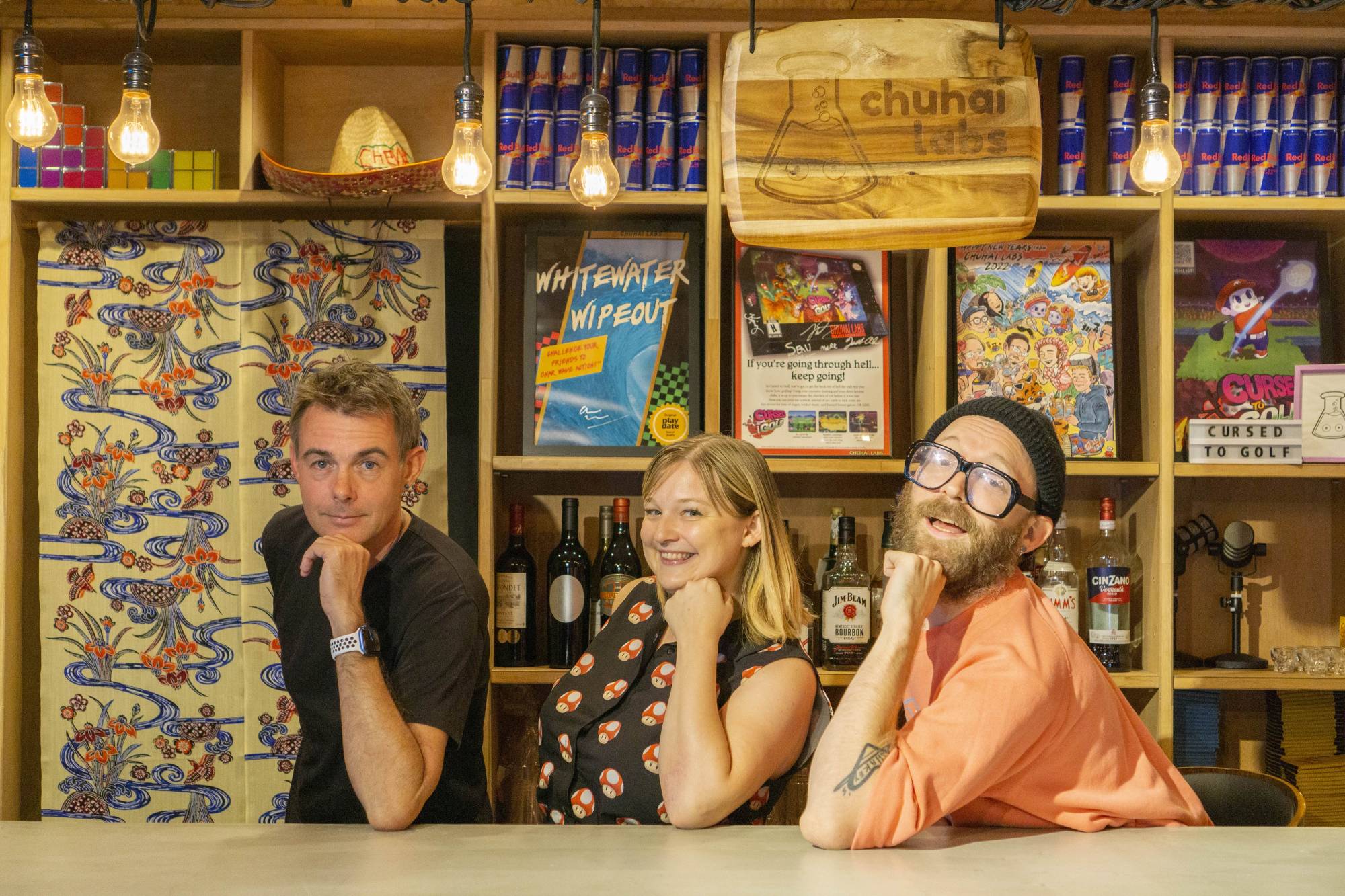Giles Goddard was one of the first Western employees ever to work at Nintendo’s Kyoto headquarters; today, his outlook on what a video game studio should look like stemmed from that experience.
“I do all the things that Nintendo didn’t do, and I don’t do any of the things they did do,” says Goddard, 51, from the first floor of Chuhai Labs, the game studio and publisher he helped found in the same city as his old company.
“There were lots of things that happened every day I didn’t have a choice over. It was like a factory. I didn’t like that.”
















With your current subscription plan you can comment on stories. However, before writing your first comment, please create a display name in the Profile section of your subscriber account page.